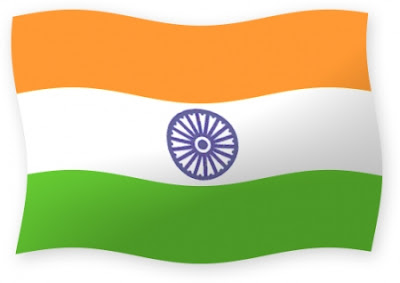"There were so many conflicting reports about Vitamin E and its effect on various diseases, particularly heart disease, that we wanted to set the record straight, says Prof. Dov Lichtenberg of Tel Aviv University’s Sackler School of Medicine.
Sunday, January 31, 2010
Vitamin E supplements do more harm
"There were so many conflicting reports about Vitamin E and its effect on various diseases, particularly heart disease, that we wanted to set the record straight, says Prof. Dov Lichtenberg of Tel Aviv University’s Sackler School of Medicine.
Tuesday, January 26, 2010
Thursday, January 14, 2010
Happy Uttarayan from Gujarat
Happy Uttarayan to All
from Dhirendra from Gujarat.
May this 2010 1st feastival
bring Happiness to your life.
I wish you and your family a very
Happy Makar Sankranthi.
Sunday, January 10, 2010
Calcium vital to tickle our taste buds
Good morning friends. A new study has shown that calcium plays a vital role in tickling our taste buds.
The team of Japanese researchers have shown that calcium channels on the tongue are the targets of compounds that can enhance taste. Kokumi taste foods contain various compounds that have no taste themselves, but can enhance the basic sweet, salty and umami taste sensation they co-exist with. Lead researcher Yuzuru Eto examined whether calcium channels- which sense and regulate the levels of calcium in the body- might be the mechanism involved.
They found that calcium channels are closely related to the receptors that sense sweet and umami (savory) tastes and that glutathione (a common kokumi taste element) is known to interact with calcium channels. During the study, researchers created several small molecules that resembled glutathione and analyzed how well these compounds activated calcium channels in cell samples.
They diluted the same test substances in flavored water (salt water, sugar water, etc.) and asked volunteers (all trained in discriminating tastes) to rate how strong the flavors were. The findings revealed that the molecules induced the largest activity in calcium receptors and also elicited the strongest flavor enhancement in the taste tests. The research tested several other known calcium channel activators, including calcium, and found all exhibited some degree of flavor enhancement, while a synthetic calcium channel blocker could suppress flavors. The Times of India
